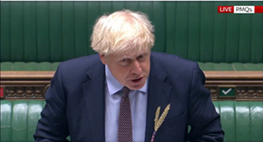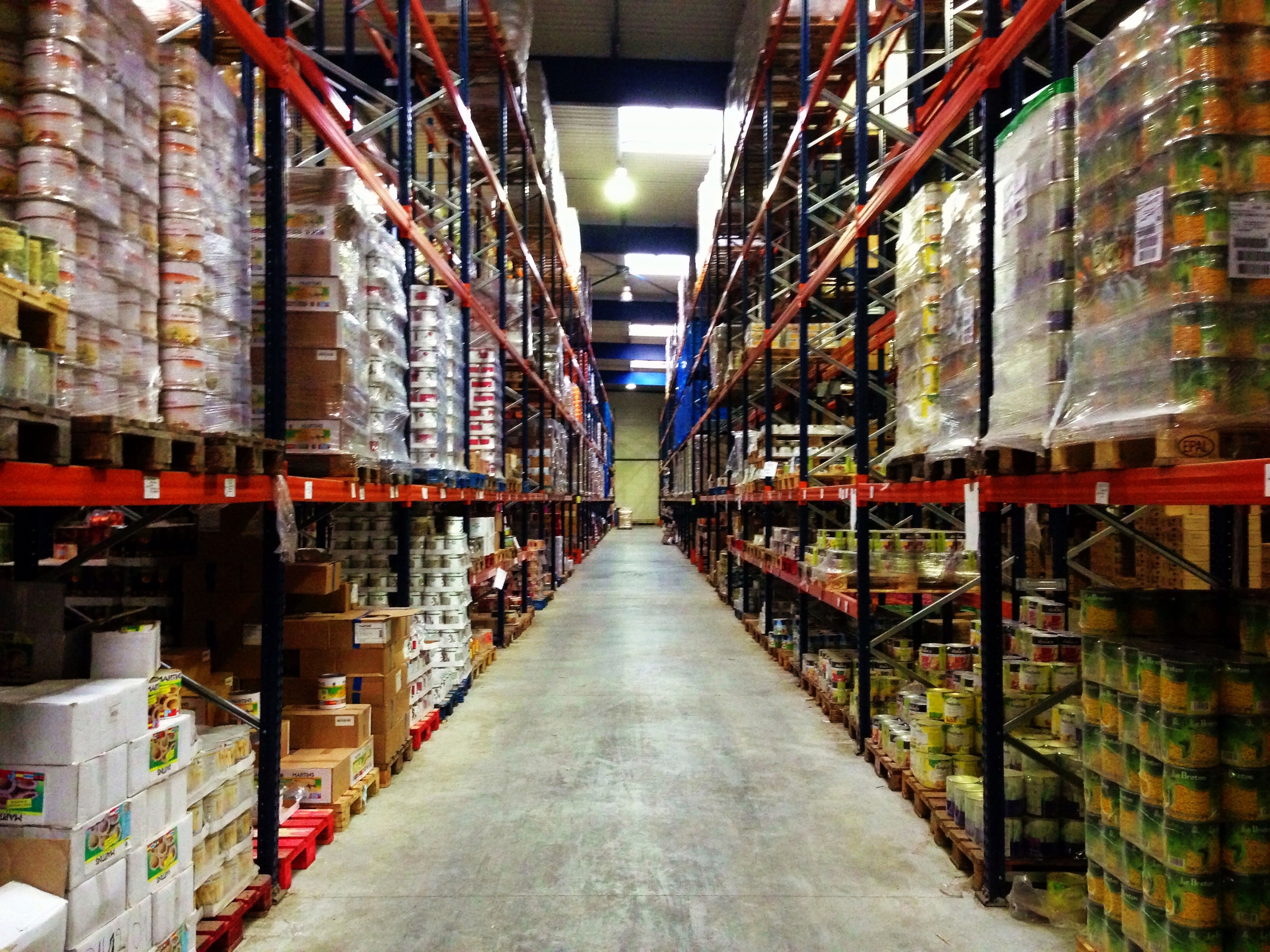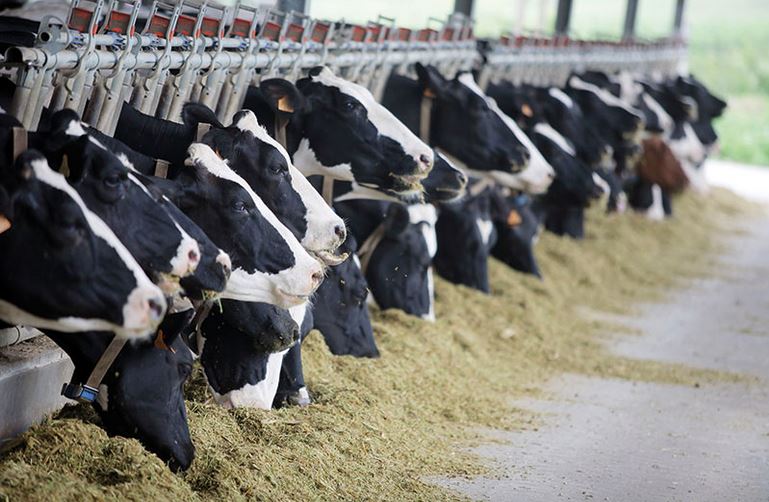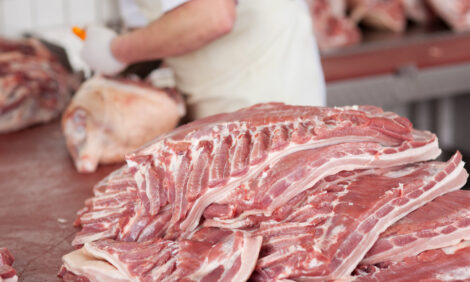



Brexit red tape takes a bite out of Scottish beef industry
The UK’s decision to leave the EU trading bloc has left many small- and medium-sized farm businesses struggling to cope with extra customs checks and red tape.
Reuters reports that Brexit has dealt a blow to Andrew Duff's business. His burgeoning sales of high-end Scottish beef to Europe are on hold because his business is too small to navigate the post-Brexit customs border for now.
The 32-year-old had been on the verge of expanding the family business, using his social media marketing skills to promote the rare beef that has been reared on farms across the Scottish lowlands and borders for centuries.
Instead his Macduff business is now one of thousands across Britain that lack the financial firepower to throw at the myriad health checks, customs declarations and higher logistics costs that are required to export goods into the European Union.
"With these customers it takes years to build the relationship and get them on board, and it can take seconds to lose," said Duff, whose clients include an award-winning butcher in Germany and a Michelin-starred restaurant in Belgium.
"Luckily January is a quiet month. Come February, March, if the situation is still the same then it could be problematic," he told Reuters.
Far from the dire warnings of clogged ports and tailbacks that preceded the departure, Brexit so far has seen factories and fishermen unable to complete paperwork and get the goods off their yard.
Many still do not know which forms need completing. Different couriers give different answers.
The government has said it is helping businesses deal with the "teething problems". It has urged exporters to make sure their paperwork is in order and said it will give 23 million pounds ($31 million) to fishermen who have lost sales due to delivery delays.
Prime Minister Boris Johnson argued that Britain would be free to trade globally once it had cast off the shackles of the EU. But his pursuit of a relationship that enables Britain to set its own rules means those firms trading with Europe face a full customs border.

Hardest-hit are the small companies that built up during Britain's 47-year membership of the world's biggest trading bloc to sell often low-priced product that was couriered at speed across the continent.
Almost half of 2018's 76 billion pounds in exports to the EU from small- and medium-sized enterprises came from firms employing fewer than 9 people.
Brexit and red tape
Where a huge meat or fish producer can fill one truck with one product and complete one set of customs paperwork, Duff sources top quality cattle from a selection of farms.
His goods - bone-in pieces from Shorthorn and Luing breeds - are sent on a truck carrying products from other suppliers, a process known as groupage.
Now a vet-approved health certificate is required for each firm's goods, meaning potentially up to 30 per truck. One fish exporter said he needed over 400 pages of export documentation for one EU-bound lorry. One error can block delivery.
Duff's transport company have said they are struggling as it is to help big customers, so groupage must wait.
He is also worried about prices, knowing that he cannot absorb all the costs of customs declarations, longer logistics times and the health certificates.

Logistics bosses believe Brexit could force a shake-out in trade. Truck volumes between Britain and the EU were on average down 29 percent in the first 20 days of the year, according to data firm Sixfold. Logistics groups say some trucks are returning empty to Europe to avoid export paperwork. Prices are rising.
One of those caught up in the bureaucracy is Sarah Braithwaite, who worked 16-hour days to build a horse feed firm that until 1 January was selling into 20 European countries.
This month her stock has failed to get to Europe or been rejected by customers over unexpected customs bills and taxes. Her Forage Plus has halted European orders - making up to 30 percent of her sales - and is refunding 40,000 pounds to customers.
Braithwaite says her business is too small to build a presence in Europe to overcome the new barriers. "The trade that we've got now wouldn't support the cost of setting all that up," she said.
Both she and Duff are hopeful that exports can resume once the new system has bedded in but nerves are frayed. In desperation Braithwaite called the UK government for help.
The message she got back: ring the French embassy.
($1 = 0.7305 pounds)
Read more about this story here.
Source: Reuters



